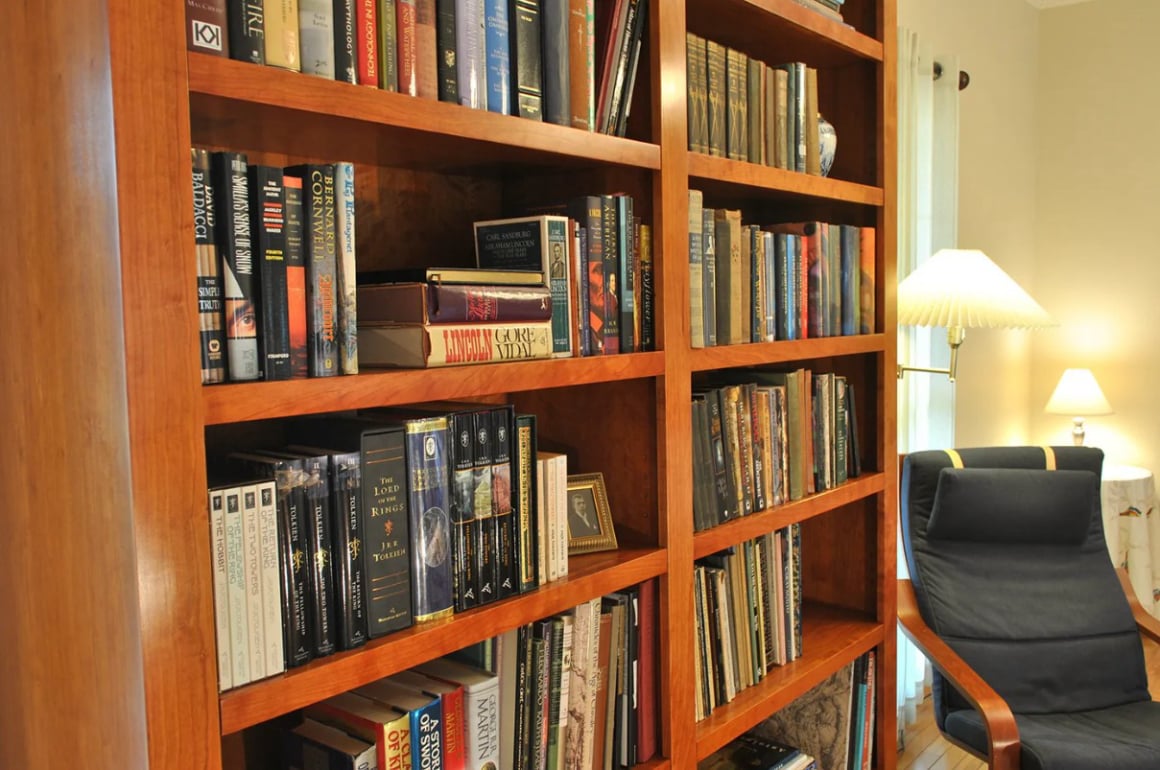Building a Diverse Bookshelf: Why Representation in Literature Matters
A diverse bookshelf is more than a collection of stories; it is a portal to a multitude of human experiences. It is a conscious choice to move beyond the familiar and seek out narratives from authors of different races, ethnicities, religions, genders, sexual orientations, abilities, and cultural backgrounds. This intentional curation is not a trend but a fundamental practice for any reader seeking a genuine understanding of the world we all share.
At its heart, reading diverse literature is a powerful engine for empathy. When we read a story told from a perspective vastly different from our own, we are granted the unique opportunity to see the world through another's eyes. We step into their shoes, feel their struggles, and celebrate their triumphs. This process breaks down stereotypes and prejudices, replacing ignorance with understanding and fostering a profound sense of our shared humanity.
For readers from marginalized communities, the impact of representation is deeply personal and transformative. Seeing oneself reflected in the pages of a book is an affirming experience that validates one's existence and struggles. It sends a powerful message: "Your story matters. You are not invisible." This can be incredibly empowering, especially for young people, helping to build self-worth and a sense of belonging in a world that often tells them otherwise.
Furthermore, a diverse reading list is a direct challenge to the single-story narrative. When only one type of story is told about a people or a place, it creates a monolithic and often harmful stereotype. Actively seeking out a variety of voices from within a single culture reveals its incredible richness, complexity, and contradictions. It teaches us that no community is a monolith and that every individual's story is unique and valuable.
Building such a bookshelf requires intentionality. It begins with examining your own shelves and acknowledging the gaps. Make a conscious effort to research and prioritize books by authors from backgrounds different from your own. Follow book bloggers and critics who specialize in diverse literature. Look for awards and lists that celebrate writers from specific marginalized groups, as these are excellent starting points for discovery.
The ultimate goal is to normalize diversity in our literary diet, making it an integral, unremarkable part of what we read. A truly diverse bookshelf does not ghettoize these works but integrates them seamlessly into a tapestry of world literature. It recognizes that stories from every corner of the human experience are, in fact, universal in their ability to move, teach, and connect us, creating a richer, more informed, and compassionate reading life.
